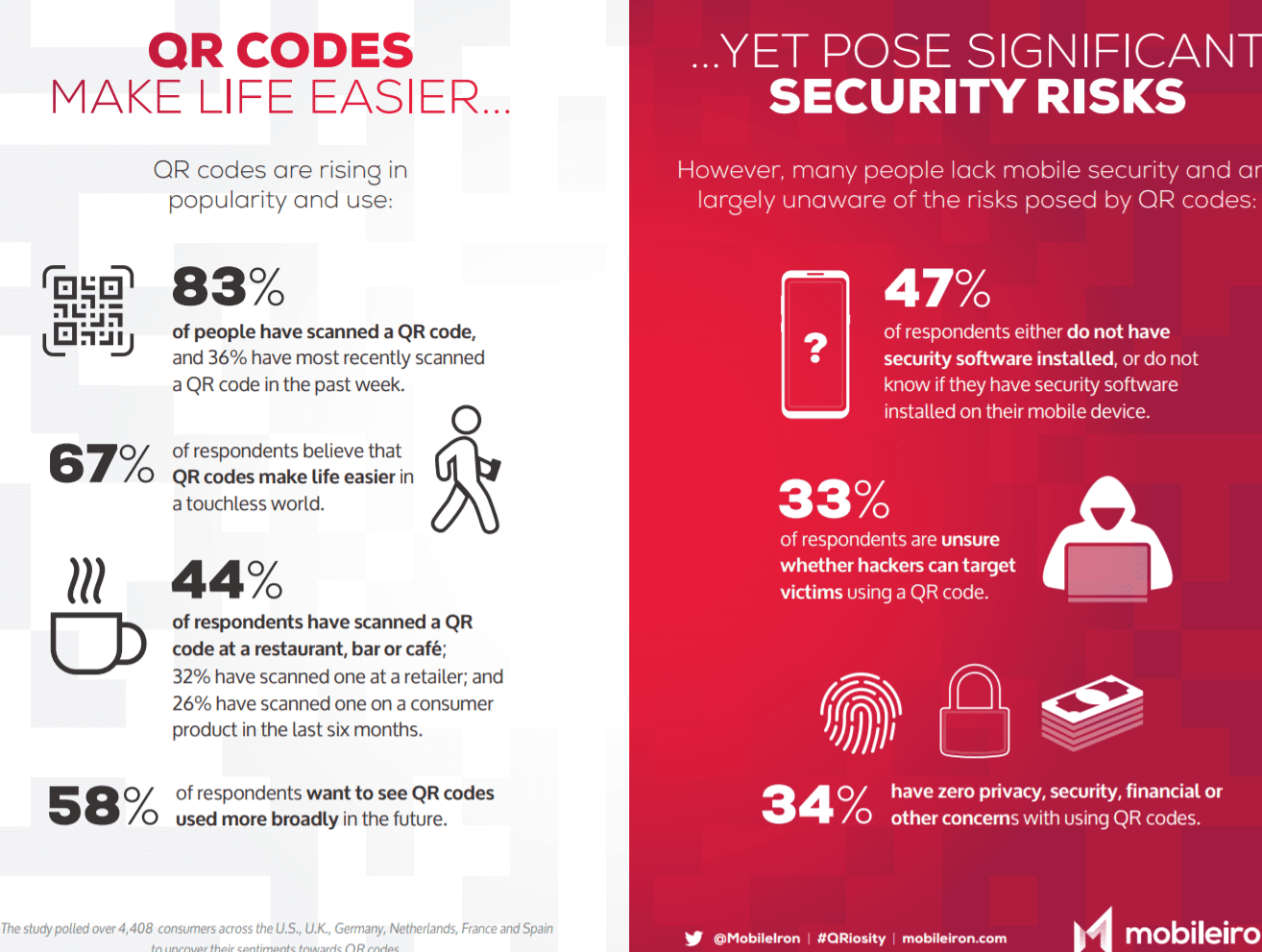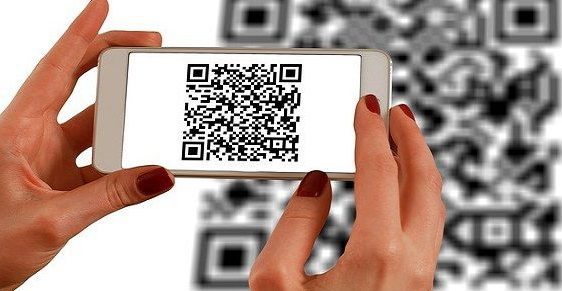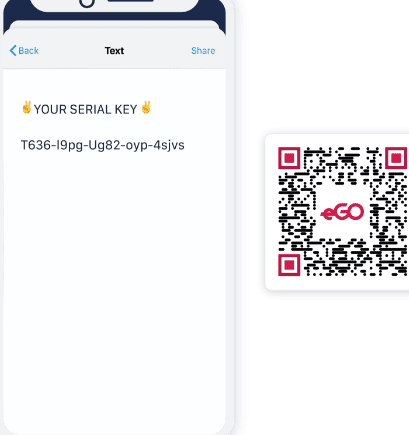QR codes seem to be everywhere these days, but beware, with their popularity comes the potential for cybercrime and exploitation. Cybercriminals can embed harmful or phishing URLs within QR codes, endangering consumer identity and personal data. Don’t let their convenience lull you into a false sense of security. Here’s what you should know about QR codes and their risks:
So, whether you’re a business or consumer, it’s crucial to be cautious when using QR codes. Ensure that the codes you use are secure and from trusted sources to avoid any risks associated with scanning unknown QR codes. By taking these measures, you can safely enjoy the convenience and benefits that QR codes provide.
The dark side of QR codes: Risks and dangers
QR codes have become an increasingly popular way to provide users with quick and easy access to information. These codes can be found everywhere, from billboards and product packaging to websites and mobile apps. However, the convenience of QR codes also comes with some inherent risks and dangers that should not be ignored. Cybercriminals have been known to exploit QR codes to gain access to sensitive personal data, financial information, and even to trick users into visiting phishing websites. In this article, we will take a closer look at the risks of QR codes and what you can do to protect yourself from modern cyber threats.
QR codes and cybercrime: A match made in hell
QR codes can be an especially dangerous tool in the hands of cybercriminals. They can easily embed any harmful or phishing URL within the QR code to exploit consumer identity and personal data or even to gain financial benefits. A QR code is essentially a direct link to a website, which makes it easy for hackers to take advantage of unsuspecting victims. Scammers can use QR codes to direct users to fake websites that look legitimate, but are designed to steal sensitive information, such as credit card numbers and login credentials. In some cases, hackers have even used QR codes to infect mobile devices with malware and ransomware – causing significant financial loss and time-consuming data recovery for unsuspecting victims.
Beware of QR codes: Protecting yourself from cyberattacks
Fortunately, there are a few things you can do to protect yourself from QR code-related cyberattacks. Here are some helpful tips to ensure your safety:
- Verify the source of the QR code before scanning it
- Use special QR code reader apps that come with built-in security features
- Avoid scanning QR codes from suspicious sources, such as emails or SMS messages from unknown senders
- Check the destination URL of the QR code before clicking on it
- Be wary of QR codes that seem too good to be true, such as those promising free gifts or discounts
QR codes: A gateway for hackers to access private information
QR codes have grown in popularity and are now widely used by businesses and organizations for different purposes. Unfortunately, this also means that hackers have plenty of opportunities to exploit them. They can use phishing tactics to trick users into scanning QR codes that direct them to websites or apps that look legitimate, but are actually designed to steal personal data. Today, consumers often scan these codes without caution, which can lead to significant breaches of privacy.
How QR codes can compromise your identity and financial security
QR codes can reveal sensitive data, financial information, and other sensitive data to cybercriminals. Once they’ve gained access to this data, they can use it to carry out identity theft, which can cause significant financial damage to victims. Additionally, hackers may also use QR codes to infect mobile devices with malware or ransomware, demanding payment to unlock kidnapped information. Users may also unwittingly give away personal information through the QR code without realizing it, especially if they do not take precautions to vet code sources, leaving them open to identity theft.
Understanding the vulnerabilities of QR codes: Scams, phishing, and more
QR codes are vulnerable to various phishing scams, malware, and other cyber threats. Some of the common tactics that cybercriminals use include impersonating trusted companies and using social engineering techniques to trick users into scanning codes. They also use QR codes for ransomware and malware, primarily because they can be easily embedded into images, videos or other infected content, which can be hidden in emails or social media posts. Many of these cyberattacks utilize the human element of trusting sources their device recognizes or even those that the user simply scans without thought.
Don’t fall victim to QR code fraud: Tips for staying safe
There are several key strategies that you can use to stay safe from QR code fraud:
- Be suspicious of unsolicited QR code offers, free gifts, and discounts
- Check for the URL or website where the QR code will take you, especially if it involves inputting personal data, such as log-in credentials or credit card numbers
- Use a trusted QR code reader or scanner, such as one that comes with added security and analytics features
- Protect your mobile device with up-to-date security software and virus protection
The importance of QR code safety: From personal protection to business security
QR codes have great potential, but just like any widely used device or tool in today’s connected world, they come with inherent cyber risks. It is essential to take proactive steps to protect yourself, your customers, and your business operations from the negative effects of QR code-related cyberattacks. By understanding the risks and taking precautions, you can enjoy the convenience of QR codes without putting your personal information, finances, or business operations at risk.





